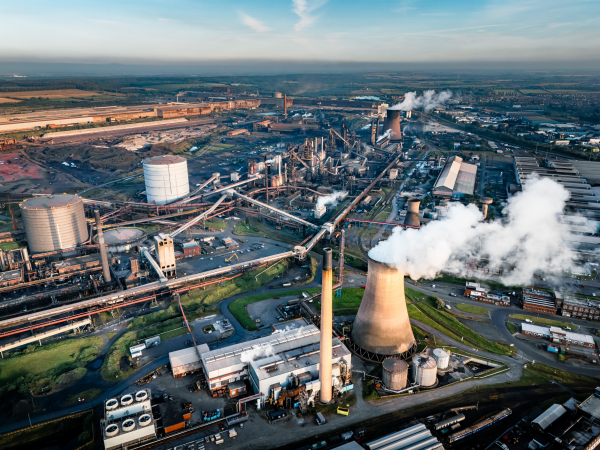The German CCI-Steel Alliance, representing major steel-producing regions across Germany, has shared its feedback as part of the consultation process launched by the European Commission in July this year to shape the next generation of steel safeguard measures. The alliance has urged the European Union to strengthen its trade defense measures against the disruptive impact of global steel overcapacity, particularly from Asia. According to the alliance, safeguarding European steel is essential not only for jobs and industrial sovereignty but also for ensuring the success of Europe’s green transition.

Key concerns
Global overcapacity: Excess supply, mainly from Asia, is eroding EU steel competitiveness and slowing down green investments.
US tariffs risk: With tariffs of up to 50 percent in the US, as much as 27 million tons of redirected steel could flood the EU market.
Insufficient measures: Current EU trade defense tools are seen as inadequate, especially with safeguard measures expiring in 2026.
Recommended measures
Tariff Quota System (TQR): Strict quotas on all steel products and origins, including downstream goods, with additional duties on imports beyond limits.
Origin rules: Adoption of a “Melted & Poured” requirement to enhance transparency and prevent circumvention.
Prosecution and penalties: Consistently prosecute and punish unfair competition by adapting and tightening penalties and response mechanisms.
Crisis mechanism: Rapid response framework including quarterly quota allocation not transferable to subsequent periods and annual reviews to prevent demand or supply shocks in the short term.
Supportive framework:
- Improving CBAM to prevent loopholes.
- Securing competitive energy and safeguarding raw materials such as scrap to reduce production costs.
- Strengthening the role of Global Forum on Steel Excess Capacity (GFSEC).
- Organizing an EU emergency summit to implement urgent countermeasures and pursue an EU-US “Metals Alliance.” to establish a joint tariff quota system and preferential treatment for European steel exports.
Strategic importance of EU steel:
- Economic role: Germany remains the EU’s largest steel producer, employing 80,000 workers directly and supporting around 4 million jobs in steel-using industries.
- Green transition: Domestic green steel production is vital for wind turbines, EVs, hydrogen pipelines, and climate technologies.
- Strategic autonomy: European steel ensures resilience in defense, infrastructure, and reduces reliance on carbon-intensive imports.
The CCI-Steel Alliance calls for a robust, proportionate, and future-proof EU trade defense strategy that not only protects domestic producers but also safeguards downstream industries. The proposed framework should strengthen Europe’s competitiveness while accelerating its green transition.